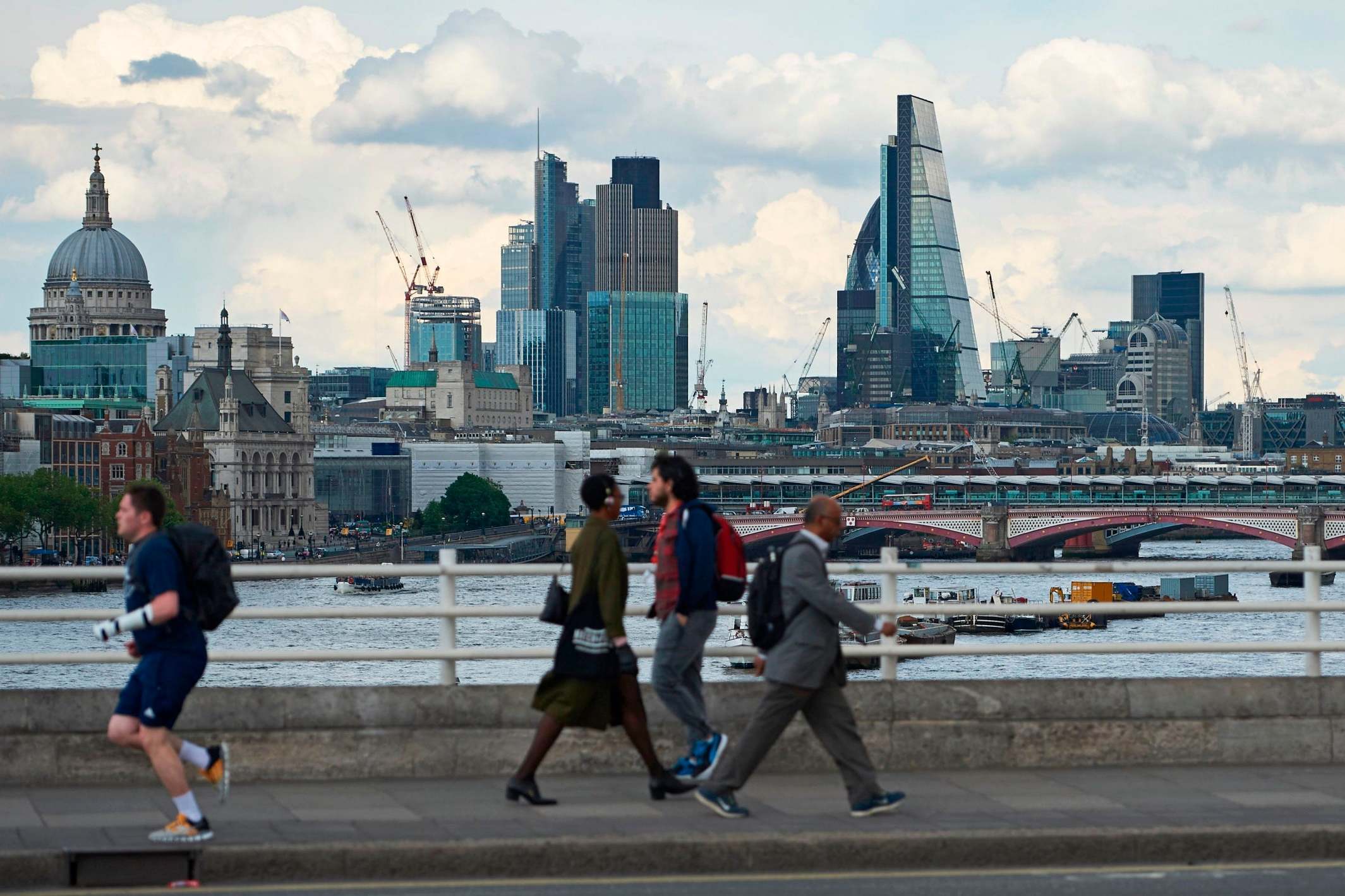British companies want to make the most of Brexit – investing in growth is how the government can help
From greenlighting HS2 to refining the apprenticeship levy, here’s what business needs, says Adam Marshall


Westminster has finally moved on from three years of political paralysis that has acted as a brake on business growth.
Companies will be relieved that the transition period set out in the withdrawal agreement will mean no significant changes for some months yet in the way that they trade with the EU. However, they also know that their future trade prospects are in the balance, with everything from employment to the movement of goods and data hinging on what happens next.
Business wants the 2020s to be a decade of success, with the UK maintaining strong links to Europe while nurturing new opportunities elsewhere, but many firms have a nagging sense that there could still be a hard landing at the end of this year unless the details are nailed down.
Given that we are still facing significant trade uncertainty, it could take some time for inward investment to start flowing again. In the meantime, there is much the government can and should do now to boost business confidence and get the UK ready for whatever happens next.
First and foremost, a green light for HS2 would send an important signal that the government is serious about delivering the infrastructure we desperately need. This should be backed up by a wider programme of sustained investment in other projects that benefit the whole of the UK, such as the Lower Thames Crossing and better roads to and from our key ports. The government should also demonstrate more willingness to let towns, cities and regions set their own infrastructure priorities, with more decision-making devolved from Whitehall.
Slashing the upfront costs of doing business – for example, by using the Budget in March to press ahead with radical reform of our out-of-date and unfair business-rates system – would boost cash flow and give so many hard-pressed companies a bit of breathing room.
Meanwhile, giving businesses more flexibility in how they use the apprenticeship levy, as well as helping smaller firms to access training more easily and cheaply, would help close the productivity gap and retain local talent. A strong commitment to fund vocational education would make it more likely that the new T-levels, designed to provide alternatives to academic study as a route into work, will be a success.
Above all else, businesses want the negotiations ahead to result in a comprehensive new trading relationship with the EU. Ministers must use the experience of business communities across the UK, systematically, to get the details right. And given that negotiations often take unexpected twists and turns, the government should also adopt a “room-next-door” mechanism, with experienced businesspeople on hand to give advice and assess impacts at every step.
As the shape of a new agreement becomes clearer, the government must provide high-quality guidance to help firms adapt to new regulations, and make the most of new export opportunities. Businesses are pragmatic, and have already grasped that things will be different – but, wherever possible, they need our leaders to avoid unnecessary surprises.
With the UK having officially left the EU, it’s the next few months that will really count.
If our leaders invest in growth – and strike clear new frameworks for our trade with the EU and other partners – businesses will rise to the occasion.
Dr Adam Marshall is director general of the British Chambers of Commerce
Join our commenting forum
Join thought-provoking conversations, follow other Independent readers and see their replies
Comments